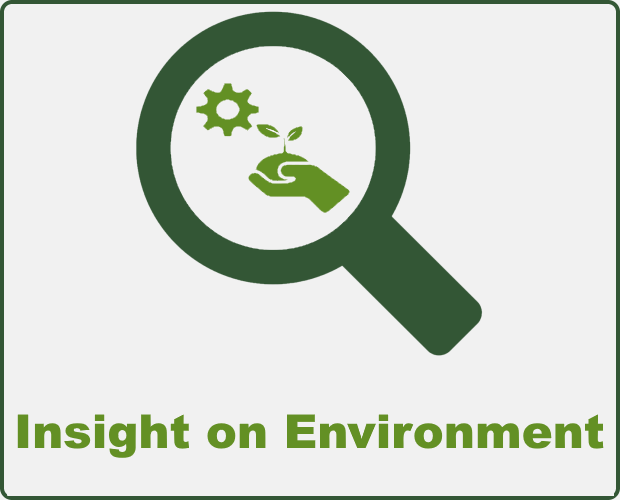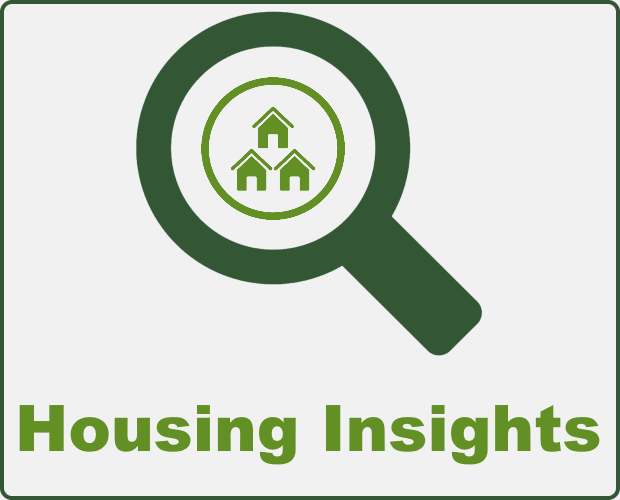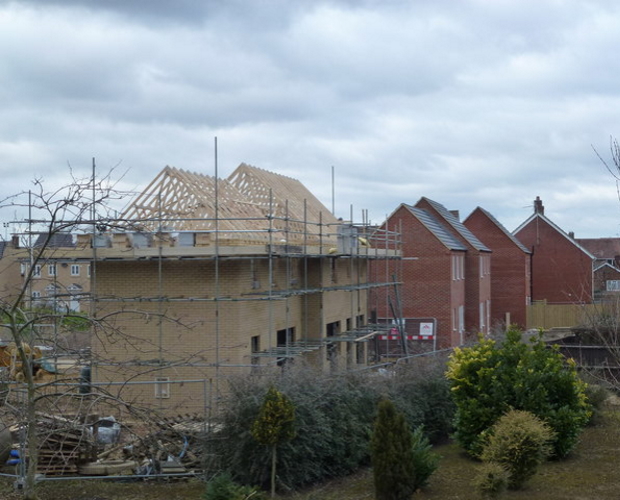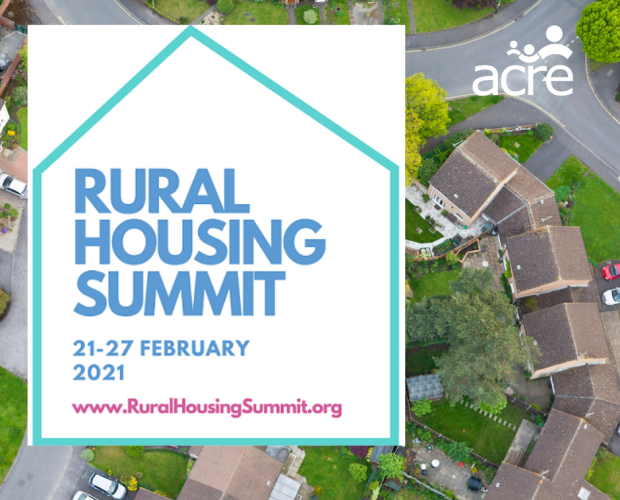T: 01822 851370 E: [email protected]
RSN Voices Serious Concerns Over ‘Fairness’ Of Settlement
Read here...
Rising energy bills and changes the Government is introducing to how we heat our homes means that it is important that local councils know the make-up of their local area and housing stock. The RSN has produced an analysis examining...
This analysis presents data on housebuilding, permanent dwellings started and completed, as a proportion of the total dwelling stock. The analysis uses source data from the Ministry of Housing, Communities & Local Government and covers the period 2009/10 to 2023/24. ...
Residual fuels are defined as non-gas, non-electricity and non-road transport fuels, and cover consumption of coal, petroleum, manufactured solid fuels and bioenergy and waste not used for electricity generation or road transport. This analysis looks at the situation for a...
This analysis presents data on estimates of total final energy consumption at a local authority level. The analysis uses source data from the Department for Energy Security & Net Zero and covers the period 2012 to 2021. Comparisons are provided...
This analysis presents data statutory homlessness at local authority level. It gives details on total initial assessments, households assessed as threatened with homelesness, households assessed as homeless, and households assessed as not homeless nor threatened with homelessness, all presented per...
The following analysis shows the total additional affordable dwelling completions provided by local authority areas. The analysis looks at the provision of additional affordable housing over the years 2009/10 to 2020/21 for any member authority. The additions are also given...
This analysis presents data on housing supply, broken down into new builds, conversions, change of use, demolitions , all given as a proportion of the total dwelling stock. The analysis uses source data from the Ministry of Housing, Communities &...
Ros Coward, Professor Emerita of Journalism at Roehampton University, has written in the Guardian this week that local action groups are protesting to save stretches of the countryside from destruction, including housing projects and road building projects planned on green-belts...
Jo Lavis, ACRE’s rural housing advisor blogs ahead of the UK Rural Housing Summit 2021 and explains why groups should attend. Across the country rural communities are responding to the lack of affordable housing and finding ways of providing new...
The Telegraph reports on warnings from the Country Land and Business Association that Government climate change policies could trigger a ‘mass sale’ of rural rental properties, intensifying the countryside's housing crisis The report predicts that landlords will be forced to...
NEWSLETTER
Sign up to receive all our latest news and updates.
HOT TOPICS
Amid reduced public spending, fair resource allocation across regions is crucial. Despite a population larger than Greater London, rural areas receive significantly less funding for essential services, even though delivering these services in rural areas is more expensive.
Economic growth is widely acknowledged as essential for national wealth and prosperity and is a priority for political parties. Rural economies, employing millions and home to a higher proportion of small businesses, have potential for growth if barriers are removed.
Rural residents face distinct healthcare challenges, including limited access to transport, longer distances to medical facilities, an aging demographic, housing inadequacies, digital connectivity gaps, and difficulties recruiting health and care workers.
Rural communities are grappling with a severe affordable housing crisis, marked by high house prices, a lack of affordable housing, elevated living costs, and lower incomes, threatening their sustainability and vitality.
Transport is vital for the quality of life and economic health of rural areas, yet it faces challenges such as infrequent public bus services and less Government funding compared to urban regions.
Rural areas, encompassing a substantial portion of England's population and land, play a pivotal role in combating climate change and achieving the net zero target.
In an increasingly digital world, the lack of robust digital infrastructure in rural areas severely limits access to crucial services and stifles economic growth.
A future-focused vision for rural communities involves not just building the right homes in the right places but also ensuring thriving, sustainable communities.
SIGN UP TO OUR NEWSLETTER
Sign up to our newsletter to receive all the latest news and updates.








